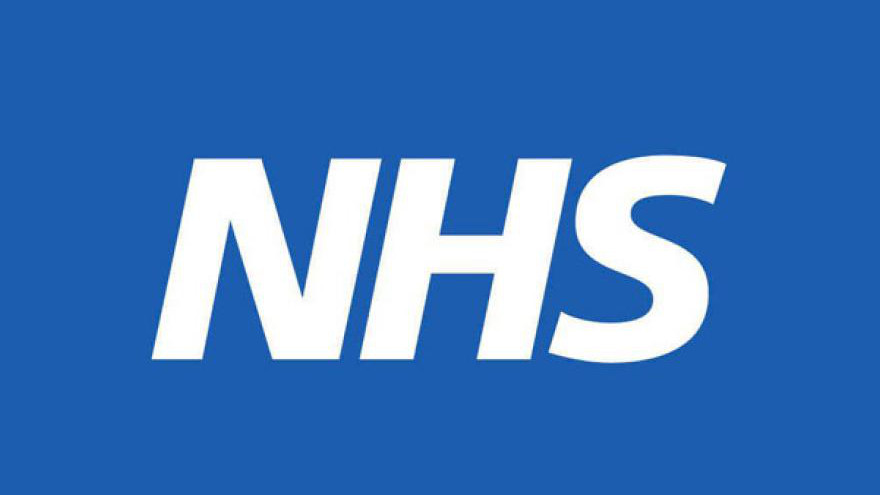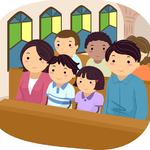
Back-to-school advice issued to North West parents amid high levels of flu, COVID-19 and scarlet fever circulating
As pupils and students return to school following the Christmas break this week, the UK Health Security Agency (UKHSA) is reminding people that winter illnesses continue to circulate at high levels, but following simple steps can help protect children, minimise the spread of illness in education and childcare settings and protect wider communities.
Flu and coronavirus (COVID-19) are currently circulating at high levels and are likely to continue to increase in coming weeks. High numbers of scarlet fever, which is caused by group A streptococcus, also continue to be reported.
Prof Susan Hopkins, Chief medical Adviser at UKHSA, said: “It’s important to minimise the spread of infection in schools and other education and childcare settings as much as possible. If your child is unwell and has a fever, they should stay home from school or nursery until they feel better and the fever has resolved.
“Helping children to learn about the importance of good hand hygiene is also key, so practice regular handwashing at home with soap and warm water. Catching coughs and sneezes in tissues then binning them is another simple way to help stop illness from spreading.
“Adults should also try to stay home when unwell and if you do have to go out, wear a face covering. When unwell don’t visit healthcare settings unless urgent or visit vulnerable people.
“Remember that flu vaccination is still available for all eligible groups and is the best protection against the virus. We have seen good uptake in older age groups but vaccination among young children remains low. Flu can be very unpleasant and, in some cases, can lead to more serious illness. Getting your child vaccinated protects them and those they come into contact with and it’s still not too late.”
Dr Merav Kliner, UKHSA North West Deputy Director, said: “As we see more cases of flu across the North West, we can all play a part in reducing infections spreading by following simple measures. It is important to remember that catching flu or other infections for more vulnerable people can be far more serious.
“Taking sensible measures to stop bugs spreading is something we all can and should do. These include practicing good hygiene, taking up vaccinations when offered and not mixing with vulnerable other people when you are poorly yourself.”
Children eligible for the vaccine include:
- Children aged 2 and 3 on 31 August 2022
- All primary school-aged children
- Some secondary school-aged children
You can get more information getting your child vaccinated against flu here.
Dr Arif Rajpura BSc, MB ChB, MPH, FFPH, MBA, DRCOG, DFFP, PGC (Exec Coaching)
Director of Public Health
.png)


.png)
